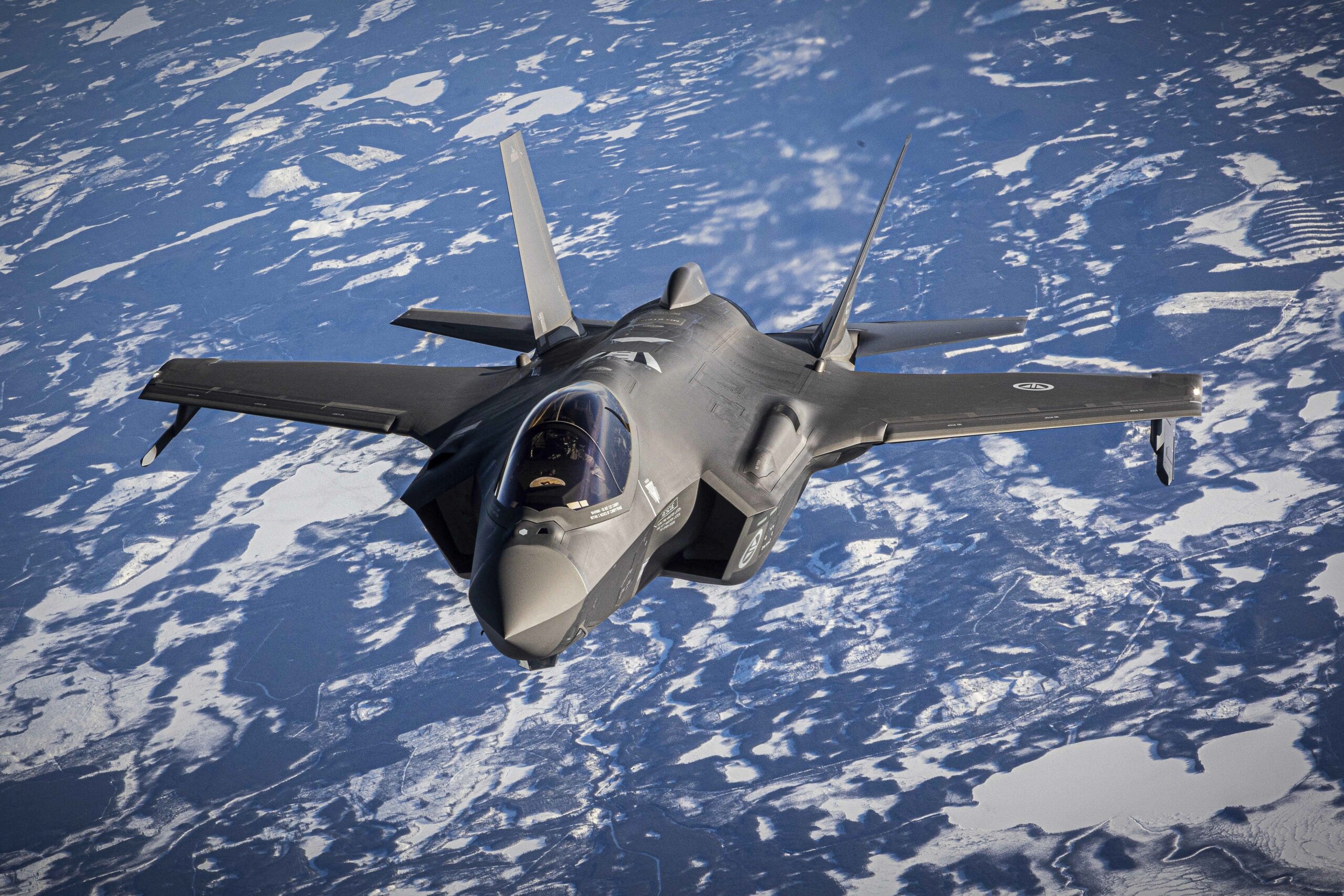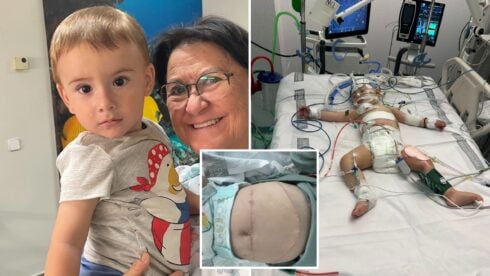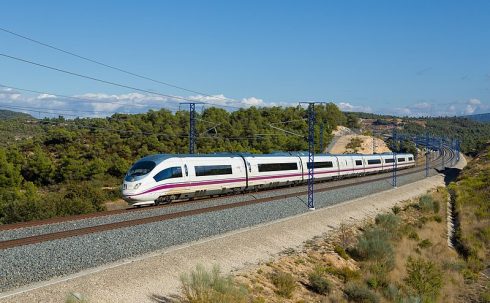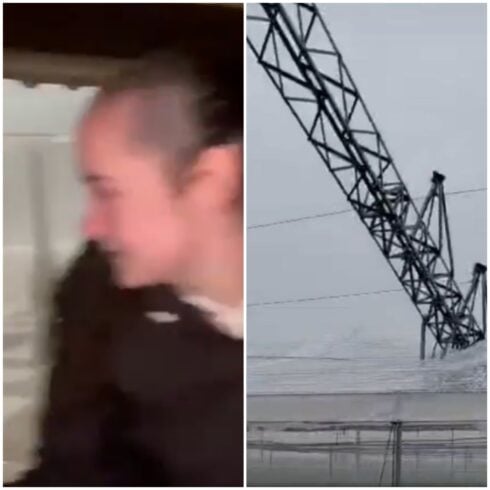SPAIN is ready to step up its role in NATO’s air defence, with plans to send two Eurofighter jets and a refuelling aircraft to bolster operations on the alliance’s eastern flank.
The move comes after at least 19 Russian drones crossed into Polish airspace last week, in what NATO has described as the most serious violation of its borders since the war in Ukraine began in 2022.
Prime Minister Pedro Sanchez confirmed that Spain would “participate with air assets in the new security device NATO will deploy on its eastern flank,” promising Spanish forces would remain “as long as necessary.”
Military sources indicated the likely contribution will be two Eurofighter jets and an A400M refuelling plane, though final details depend on coordination with NATO’s Supreme Allied Commander for Europe, General Alexus Grynkewich.
The aircraft would likely come from Spain’s current deployment in Lithuania, where eight Eurofighters from Morón air base (Seville) are already operating as part of NATO’s air policing mission.
Since August, these jets have been scrambled multiple times to intercept unidentified aircraft, mostly Russian military planes flying without flight plans, with activity intensifying sharply in recent weeks.
Only two aircraft are required at any one time for the Baltic air policing mission, leaving room for others to be redirected to Poland without weakening the existing deployment.
The Spanish contingent in Lithuania also includes 200 personnel and an A400M refuelling tanker based in Zaragoza.
NATO’s new mission, codenamed Operation Eastern Sentinel, aims to strengthen air defences after the drone incursions.
Other allies have already pledged support: France is sending three Rafale fighters, Germany four Eurofighters, Denmark two F-16s and a frigate, and the UK additional Typhoons.
Although it is not yet clear whether the drones’ entry into Polish airspace was deliberate, NATO commanders argue that a strong response is necessary to prevent Moscow from testing the alliance’s resolve.
Several of the drones were shot down by Polish F-16s and Dutch F-35s during the incident.
The Spanish government’s decision has already stirred debate at home.
Podemos criticised Sanchez for making the country “more militaristic and NATO-aligned,” while the opposition Partido Popular has demanded he explain Spain’s role to parliament.
For now, Madrid insists that Spain’s contribution is about deterrence and solidarity. “Putin will not intimidate us,” Sanchez said.
Click here to read more Spain News from The Olive Press.








